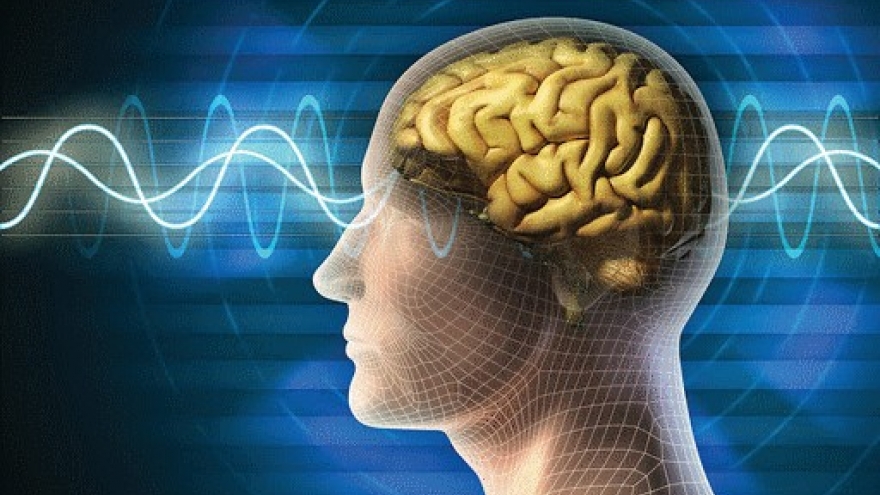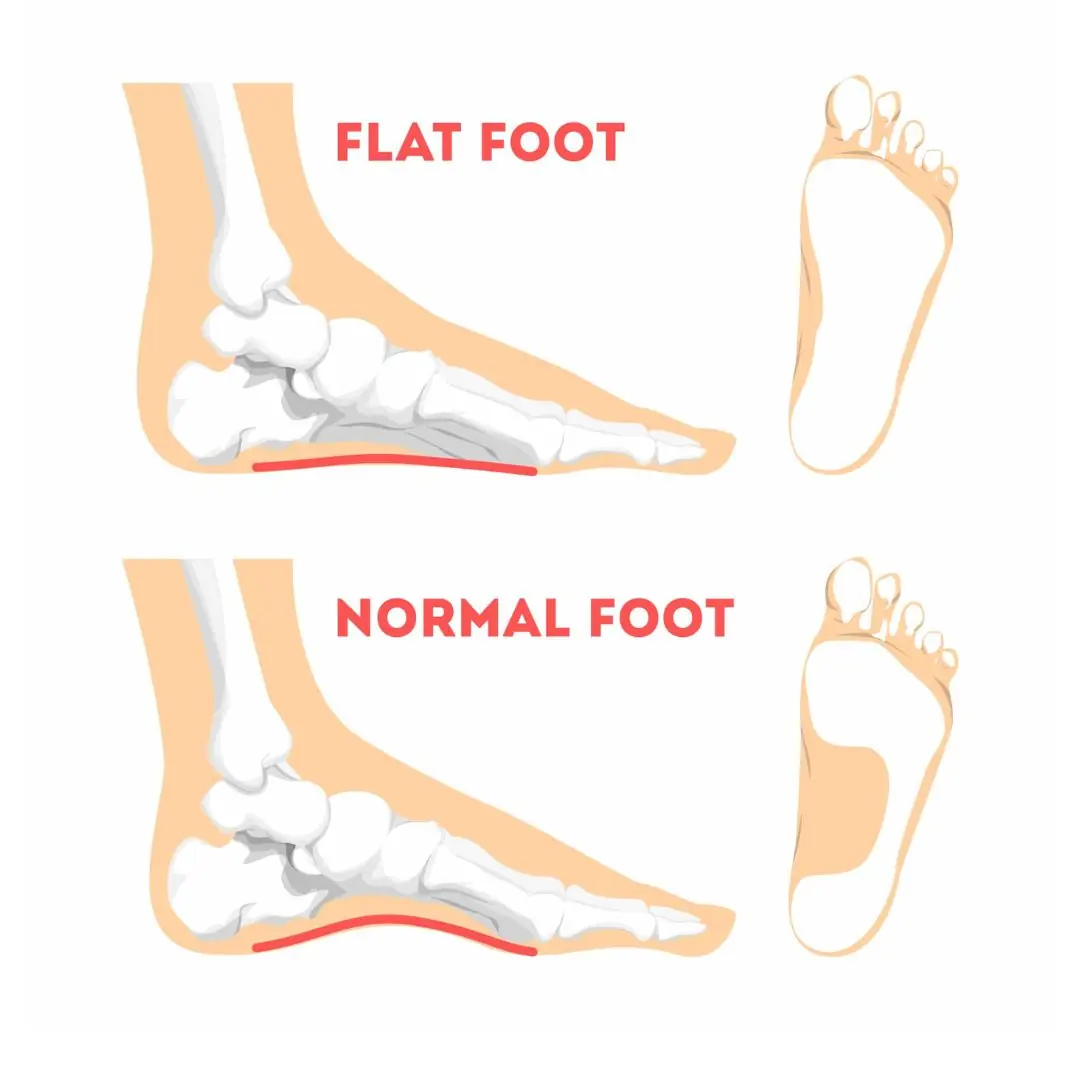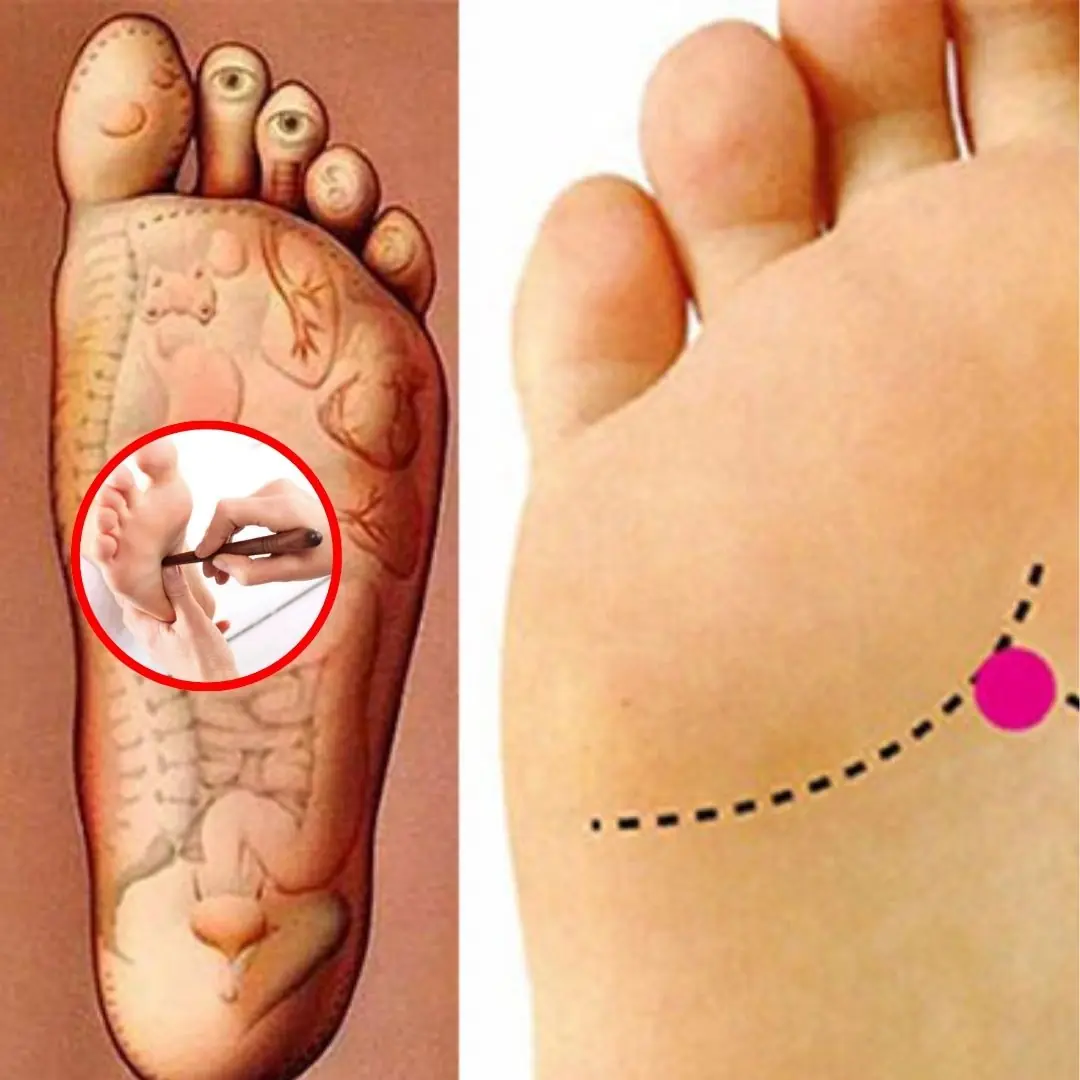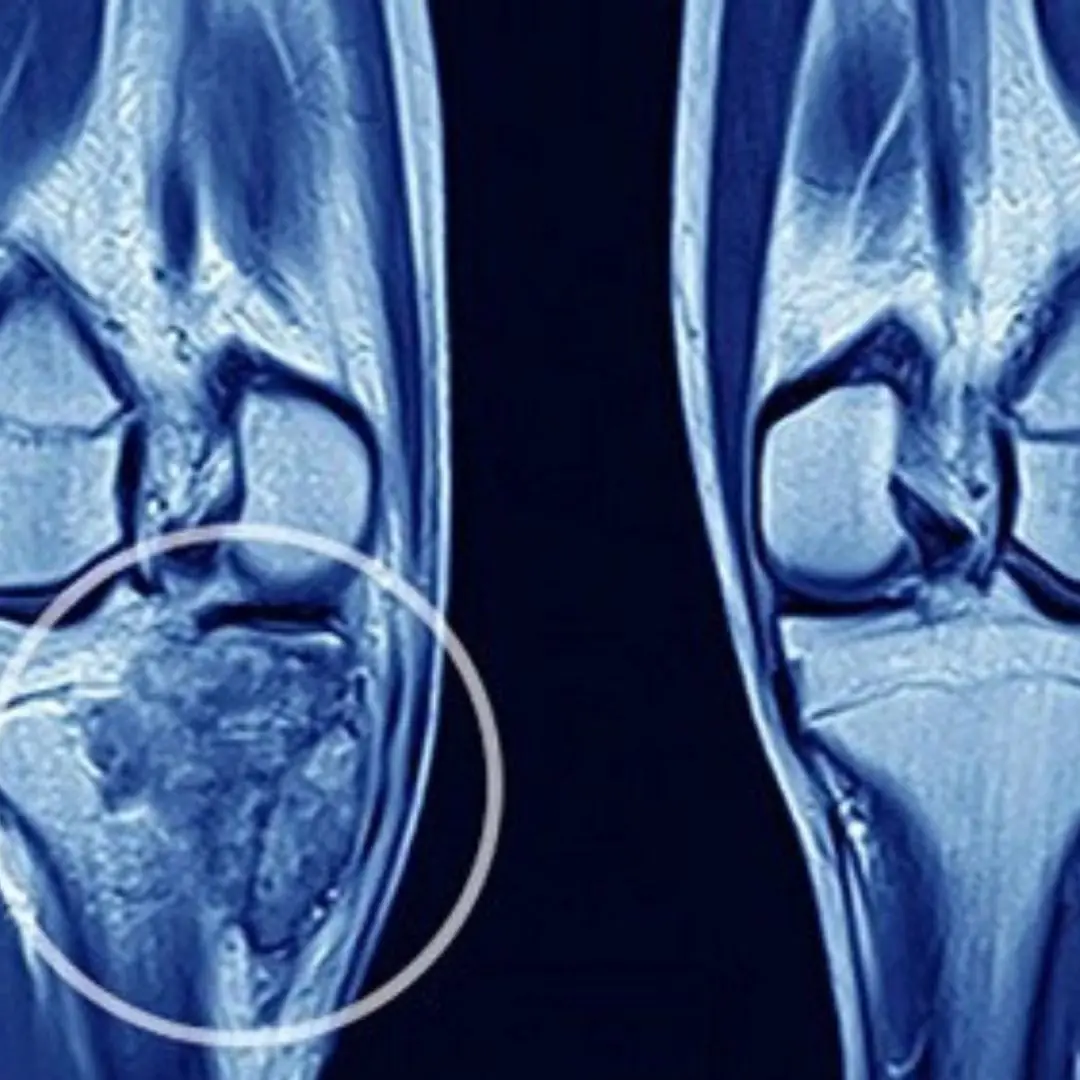
Regular daytime naps may slow brain aging, study finds

In recent years, sleep has gained considerable attention from the scientific community for its role in cognitive health and brain aging. While most people understand that a good night’s sleep is essential for overall health, recent findings suggest that daytime naps, often underestimated, may play an even more significant role in slowing the aging process of the brain. According to a new scientific study on sleep and cognitive health, regular daytime naps could slow brain aging by up to 6.5 years. This discovery is groundbreaking, as it presents a simple and accessible way to improve brain function and potentially stave off cognitive decline associated with aging.
The Study: A Closer Look at the Findings
The study, which was conducted by leading neuroscientists and sleep researchers, followed a large cohort of participants over several years to examine the effects of daytime naps on cognitive function. The results were both surprising and compelling: the data showed that individuals who took regular naps during the day exhibited significantly slower brain aging compared to those who did not nap.
Key findings from the study include:
-
Cognitive Benefits of Napping: People who napped regularly had better memory retention, faster reaction times, and improved problem-solving skills. These benefits were especially notable in older participants, suggesting that naps may play a role in preventing cognitive decline in aging individuals.
-
Brain Structure Preservation: The study also observed that participants who engaged in regular daytime napping showed less shrinkage in brain regions associated with memory and learning. These areas, including the hippocampus, are particularly vulnerable to the effects of aging and neurodegenerative diseases such as Alzheimer’s disease. Napping, researchers concluded, may help preserve the integrity of these brain structures.
-
Impact on Cognitive Aging: Perhaps the most striking result was the finding that napping could slow cognitive aging by up to 6.5 years. This means that by taking regular naps, individuals could effectively ‘reverse’ some of the negative cognitive changes associated with getting older, helping to maintain youthful mental clarity and sharpness for a longer period.
Why Do Naps Have This Effect on the Brain?
To understand why napping has such a profound impact on cognitive health, we need to look at how sleep and naps affect the brain. During sleep, the brain goes through different stages that play vital roles in memory consolidation, brain detoxification, and overall repair. The specific mechanisms behind napping’s effects on brain aging include:
1. Memory Consolidation and Learning Enhancement
Napping, especially during the afternoon, helps consolidate new memories. Studies have shown that when we learn something new, our brain creates new neural connections, but these connections need time to solidify. This process happens during sleep, and napping has been shown to enhance this consolidation. By giving the brain the time it needs to process and store new information, naps help maintain sharp cognitive function, improving memory, learning, and recall.
2. Brain Detoxification and To.xin Removal
During deep sleep, the brain’s glymphatic system, a unique waste removal system, becomes more active. This system helps to clear toxins, including beta-amyloid plaques, which have been associated with Alzheimer's disease. Napping encourages the glymphatic system to function efficiently, helping the brain clear out harmful substances that could contribute to cognitive decline over time.
3. Restoring Brain Energy and Reducing Mental Fatigue
The brain uses a significant amount of energy throughout the day, particularly when engaging in tasks requiring focus and concentration. Naps help to restore energy levels, providing the brain with a much-needed recharge. Mental fatigue, if left unchecked, can lead to cognitive decline over time, but napping offers a simple and effective way to combat this. By taking breaks during the day, the brain is able to stay sharper and more alert, reducing the strain that leads to faster aging.
4. Stress Reduction and Emotional Health
Stress is one of the most significant contributors to accelerated brain aging. Chronic stress leads to the release of cortisol, a hormone that, in excess, can damage brain cells and inhibit neurogenesis (the growth of new brain cells). Napping has been shown to lower cortisol levels, providing a natural form of stress relief. By reducing stress and promoting relaxation, naps protect the brain from long-term damage and help maintain emotional health, both of which are important for cognitive longevity.
The Benefits of Napping for Older Adults
The effects of napping are particularly noticeable in older adults. As we age, the brain becomes more susceptible to cognitive decline, and conditions such as dementia and Alzheimer's disease become more common. Napping, however, offers a way to mitigate some of these effects.
Enhanced Memory and Focus
Older adults who nap regularly report improved memory and focus. They experience greater ease in recalling information and are able to perform better in cognitive tasks. This is crucial for maintaining independence and quality of life as we age.
Reduced Risk of Neurodegenerative Diseases
Neurodegenerative diseases like Alzheimer's are characterized by the accumulation of toxic proteins in the brain. As mentioned, napping supports the brain’s natural detoxification process, helping to clear out these toxins and reduce the risk of developing such conditions. This is a key finding that has made napping a highly recommended practice for older adults.
Improved Mood and Quality of Life
Napping has also been linked to improved mood and reduced feelings of anxiety and depression in older adults. By improving mental clarity and reducing stress, naps help promote a more positive outlook on life, which contributes to better overall mental health and well-being.
How to Incorporate Naps into Your Daily Routine
While the benefits of napping are clear, it's important to incorporate naps in a way that maximizes their effectiveness. Here are some tips:
-
Aim for Short Naps (10-30 Minutes): Short naps are ideal for recharging the brain without interfering with nighttime sleep. A 10-30 minute nap can boost alertness and cognitive function without making you feel groggy.
-
Nap in the Afternoon: Napping in the early afternoon (usually between 1 p.m. and 3 p.m.) is most beneficial. This aligns with the body’s natural circadian rhythm and helps avoid interfering with nighttime sleep.
-
Create a Relaxing Environment: To get the most out of your nap, ensure the environment is quiet, comfortable, and free of distractions. Dim the lights, use earplugs if necessary, and lie down in a position that promotes restful sleep.
-
Consistency is Key: Like all habits, regularity is important. Try to incorporate naps into your routine on a daily basis to experience the long-term cognitive benefits.
Conclusion: The Power of Napping for Brain Health
The idea that daytime naps can slow brain aging by up to 6.5 years is an exciting and groundbreaking discovery. This simple and natural practice can help improve memory, protect the brain from toxins, reduce stress, and enhance overall cognitive function. As our understanding of sleep and its effects on brain health continues to grow, napping is emerging as a simple yet powerful tool for maintaining mental sharpness and preventing cognitive decline as we age.
So, next time you feel the urge to rest, don’t feel guilty about it - embrace the power of a rejuvenating nap. Your brain will thank you!
News in the same category


4 types of sweating that can be the body's "cry for help"

Warning signs of sto.mach can.cer

Flat feet in ch.il.dren — should parents be worried?

Is coke taking minutes off your life? Sho.cking research uncovers the truth

3 types of food left in the refrigerator for a long time can be "ac.com.plices" in causing stomach c.a.ncer

5 - Second Test to Assess Lung C.a.ncer Risk

7 Nail Abnormalities That May Reveal Hidden Tumors in the Body

Foods that are toxic if eaten raw: what you need to know to protect your health

Pay attention: if these 3 signs appear nightly before bed, it might signal that ca.nc.er cells are developing in your body

5 warning signs that can.cer may be coming but few people notice

Woman Persistently Stands on Tiptoes for 10 Minutes Every Day: After Half a Year, Insomnia Is Eliminated, 3 Other Diseases Also Improve

4 bedtime secrets that will keep you healthier than supplements

7 Warning Signs of Can.cer

"3 Types of Tofu I Wouldn’t Eat Even If You Paid Me Extra”

5 Dangerous Signs Warning of Bone Cancer – Recognize It Early!

Don’t take nail-biting lightly — it may be linked to these dangerous conditions

5 silent warnings your body gives months before a heart at.tack

6 early warning signs of stage 1 colon can.cer you shouldn’t ignore
News Post

13-y.ear-old g.i.r.l with kidney failure, warning about high - ri.s.k drinks

4 types of sweating that can be the body's "cry for help"

Warning signs of sto.mach can.cer

Flat feet in ch.il.dren — should parents be worried?

Is coke taking minutes off your life? Sho.cking research uncovers the truth

3 types of food left in the refrigerator for a long time can be "ac.com.plices" in causing stomach c.a.ncer

5 - Second Test to Assess Lung C.a.ncer Risk

7 Nail Abnormalities That May Reveal Hidden Tumors in the Body

Boiled Pork Without Cutting Small Pieces

How to distinguish between poi.sonous and non-poi.sonous snakes

Foods that are toxic if eaten raw: what you need to know to protect your health

Pay attention: if these 3 signs appear nightly before bed, it might signal that ca.nc.er cells are developing in your body

5 warning signs that can.cer may be coming but few people notice

Woman Persistently Stands on Tiptoes for 10 Minutes Every Day: After Half a Year, Insomnia Is Eliminated, 3 Other Diseases Also Improve

4 bedtime secrets that will keep you healthier than supplements

Simple and Effective Trick to Repel Mice with Leftover Rice – Anyone Can Do It

7 Warning Signs of Can.cer

Okra Has Many Benefits, Yet These 4 Groups of People Shouldn’t Eat It
